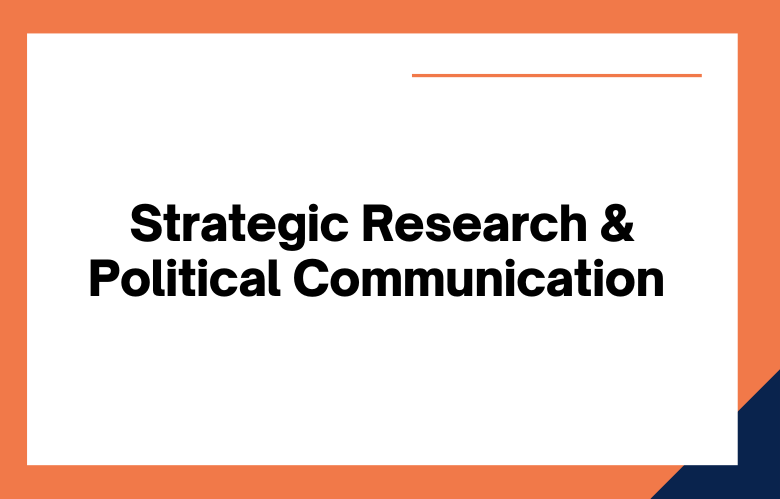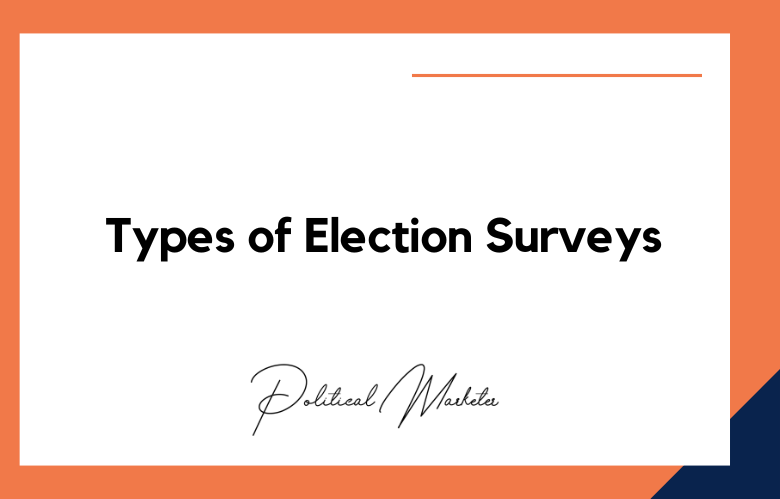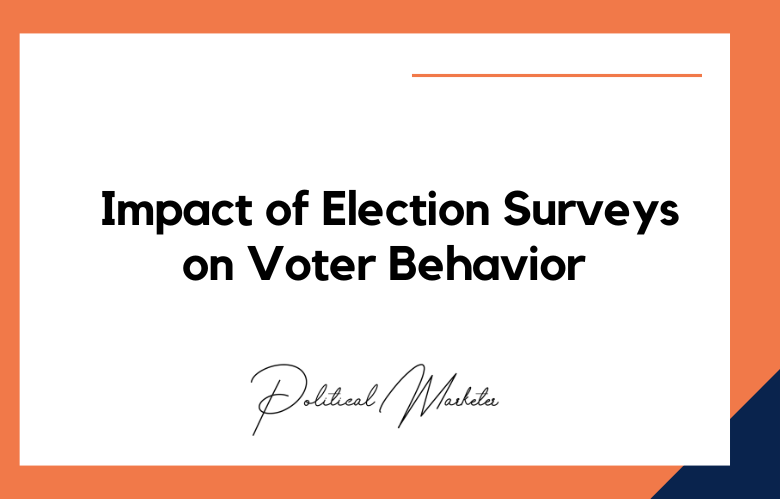In today’s political climate, it’s more important than ever for political leaders to be strategic in their Research and Communication. With the 24-hour news cycle and social media constantly inundating us with information, cutting the noise and getting your message across to the voters can be challenging.
That’s why having a team of experienced professionals who can help you research the issues and craft a message that resonates with voters is essential. Strategic Research and Political Communication for Political Leaders
The first step in any effective political communication strategy is Research. You need to understand your constituents’ critical issues and have a firm grasp of your position.
Once you have that information, you can start crafting a message that resonates with voters.
Keeping up with the latest political news and developments is also essential.
You can adjust your strategy as needed by staying up-to-date on the latest news and ensuring you’re always ahead of the curve.
Remember the power of face-to-face Communication. In today’s digital world, getting lost in social media echo chambers and talking to agreed people.
But it’s important to remember that only some consume information similarly.
Some people prefer face-to-face interaction, so pay attention to meeting constituents in person or holding town hall meetings.
Strategic Research and Political Communication for Political Leaders
Strategic Research is the process of collecting and analyzing information with the specific goal of making better decisions.
Regarding politics, leaders can use Research to develop strategies for winning elections, passing legislation, and communicating with constituents.
There are many ways to conduct strategic Research, but one of the most important is polling.
Polling involves surveying a representative sample of people and asking them about their opinions on various issues.
This can give political leaders a better understanding of what the public wants and how they feel about specific policies.
Another way to conduct strategic Research is through focus groups.
In a focus group, a small group is brought together to discuss a particular issue.
This can be helpful for political leaders because it allows them to get feedback from real people about their thoughts on an issue.
Strategic Research is essential for political leaders who want to make informed decisions and communicate effectively with the public.
Using techniques like polling and focus groups, they can collect reliable information to help them win elections, pass legislation, and improve their relationships with constituents.
Carrying out strategic Research is to identify the audience receiving the information. In the case of political leaders, this would be the voters.
Knowing the target audience is essential so that the Research can design a way to most likely reach them. The second step is to gather data.
This data can come from various sources, including surveys, focus groups, interviews, and secondary data sources such as census data.
Once the data has been collected, it must be analyzed to extract meaning.
This process can be carried out using various methods, including statistical and qualitative analysis.
After the data has been analyzed, it must turn into information that political leaders can use.
This step involves translating the data into a form that is easily understood by those using it.
The step is to communicate this information to the target audience in a way that is most likely to persuade them.
In the case of political leaders, this often takes the form of speeches or campaign ads.
However, it is essential to remember that there are many different ways to communicate with an audience, and only some will be effective in some situations.
It is up to the political leader to choose the communication method most likely to achieve their desired result.
Know your audience
The first step in using strategic Research and political Communication is understanding who you are trying to reach.
What are their needs and wants?
What are their fears and concerns?
What motivates them?
Anticipating these questions will help you craft a message that resonates with your audience.
Develop a clear and concise message.
Once you know your audience, you must develop a message that meets their needs.
This message should be clear, concise, and memorable. It should also be consistent across all of your channels of Communication.
Utilize multiple channels of Communication.
It would help if you utilized multiple communication channels to reach many people.
This includes traditional media (television, radio, print), social media (Facebook, Twitter, Instagram), and direct interaction (town halls, community events).
Be prepared for criticism.
No matter how well you craft your message or how effectively you communicate it, people will always disagree with you or take issue with something you say or do.
It’s essential to be prepared for this criticism and plan how you will respond.
Ignoring your critics will make them louder; engaging with them can help diffuse the situation.
Conducting Research
The first step in conducting strategic Research is identifying the problem or question you want to answer.
Once you do this, you must gather data from various sources.
This data can come from surveys, focus groups, interviews, or even secondary sources such as news articles or data gathered by other researchers.
Once you have collected your data, you must analyze it to conclude the issue.
Communicating Findings
Once you have concluded your research, it is time to share your findings with the public.
How you communicate your findings will depend on your audience.
For example, if you are communicating with voters, you may want to use campaign ads or social media posts.
If you communicate with fellow politicians, you may want to give a speech or write a white paper.
No matter your chosen method, your Communication must be clear and concise so your audience can understand your position.
As a political leader, you must inform your constituents well.
You can’t just rely on the news to give you all the necessary information; you must do your digging.
Read reports, listen to podcasts, and talk to experts in the field.
The more knowledgeable you are about the issues, the better you are at making informed decisions and communicating effectively with the public.
Once you’ve done your Research, it’s time to start crafting your message.
This is where many political leaders trip up; they either try to communicate too much at once or need to speak more.
Your goal should be to find a happy medium—a balance between what you want to say and what needs to be said.
Be clear and concise, and avoid jargon that might not resonate with your audience.
Remember, you’re trying to connect with voters, not impress them with your vocabulary.
Once your message is ready, it’s time to share it with the world.
Many leaders make mistakes here. They rely too heavily on traditional communication methods, like press releases and speeches, and they need to take advantage of newer channels, like social media.
To reach as many as possible, you need to have a multi-pronged approach that includes both traditional and modern methods of Communication.
Only then will we reach and engage with voters effectively. re
The Importance of Strategic Research
As a political leader, you are constantly bombarded with requests, demands, and questions from your constituents and the media.
It can be challenging to navigate all the noise and find the information you want to make informed decisions.
That’s where strategic Research comes in.
Conducting targeted research will help you zero in on the most critical issues and address them appropriately.
In addition, strategic research can help you anticipate potential problems before they arise.
By actively monitoring developments within your district and at the state or national level, you can identify trends and avoid potential crises.
Remember that proactive is always better than reactive when handling difficult situations.
The Power of Effective Communication
To be an effective political leader, it is essential to master the art of Communication.
After all, you can only get something done if you effectively communicate your vision to those around you.
When crafting your message, always keep your audience in mind.
Consider what they need or want to hear from you to convince them of your point of view.
It is also essential to know your nonverbal communication cues.
Your body language, eye contact, and tone of voice can all impact how your message is received.
For example, maintaining eye contact indicates confidence, while crossing your arms conveys defensiveness.
Awareness of these cues will help ensure your message comes across as intended.
Conclusion
Strategic Research and Political Communication are essential tools for any political leader looking to connect with constituents effectively. By taking the time to research the issues and craft a well-thought-out message, you’ll be able to cut through the noise and reach voters personally.
And remember the importance of face-to-face interaction!
Political leaders must be strategic in their Research and Communication to succeed in today’s climate.
There is no one-size-fits-all solution; each leader must balance what they want to say and what needs to be said. The most important thing is to stay informed on the issues and plan how you will share your message with the public.
Only then will you be able to build relationships with voters and earn their trust.
Being a political leader takes work.
You have to make quick decisions, sometimes difficult ones, and always be one step ahead of your opponents.
But with the right strategy and Research, you can set yourself apart from the competition and come out on top. Contact us today for more information on your political communications needs.










